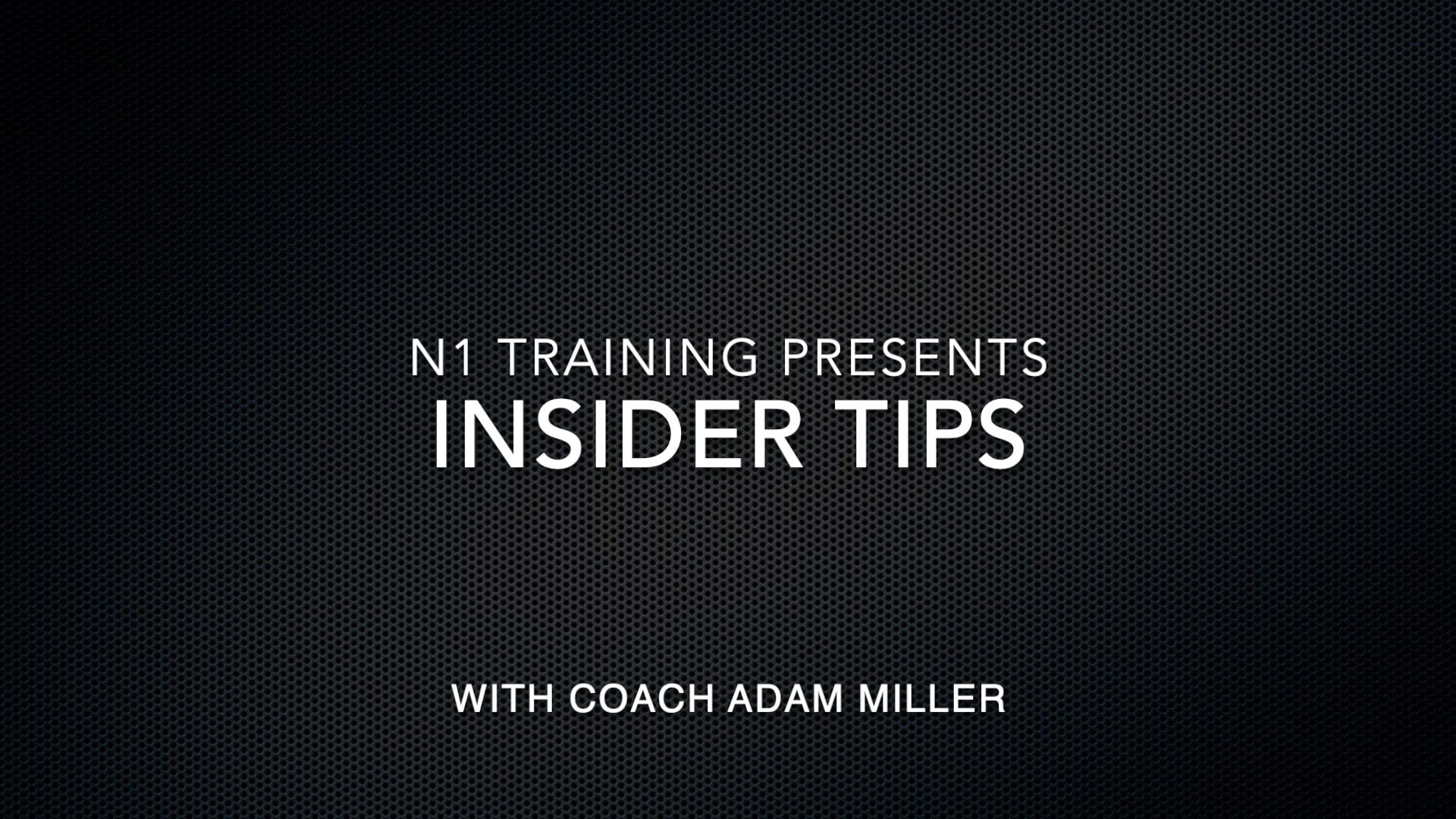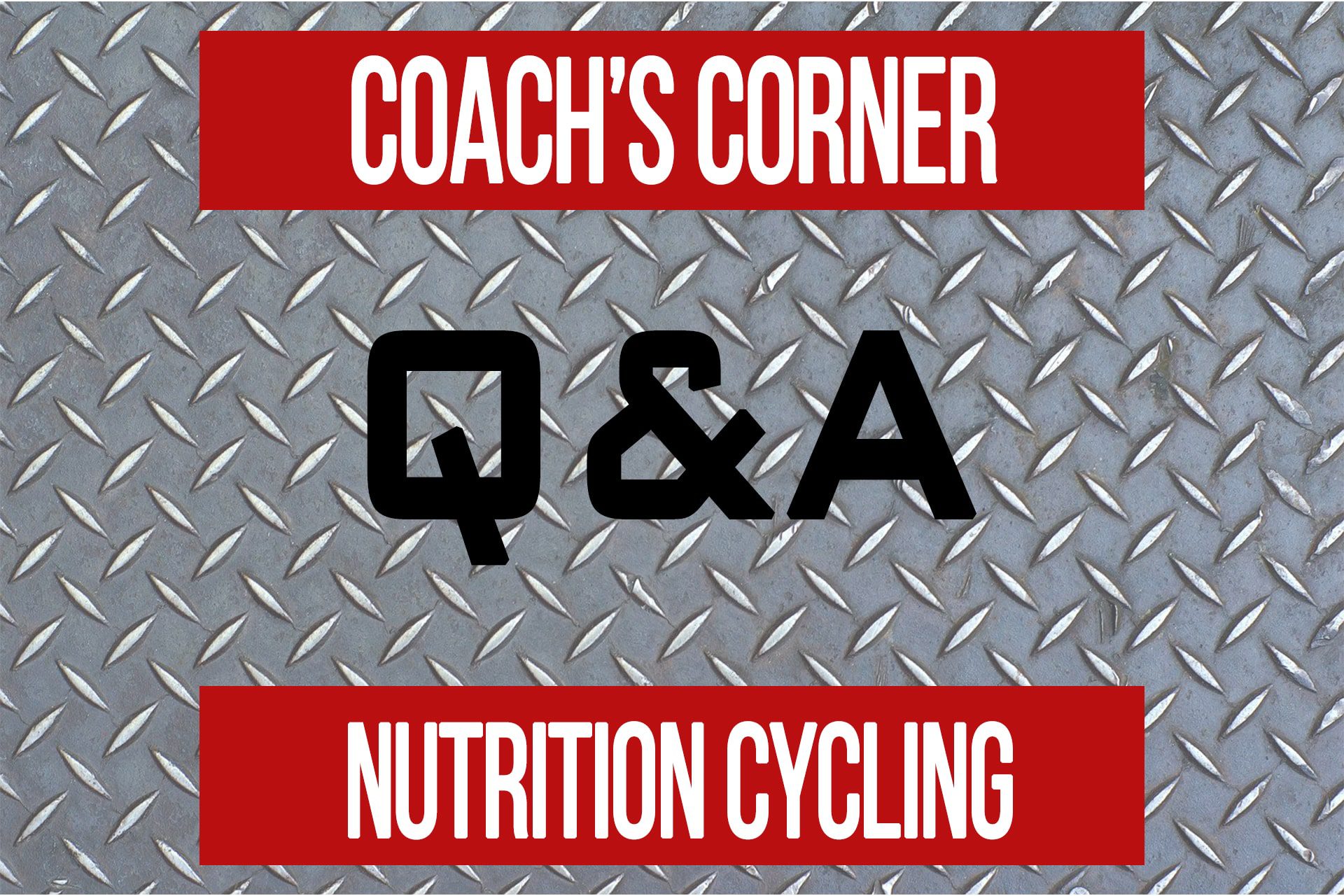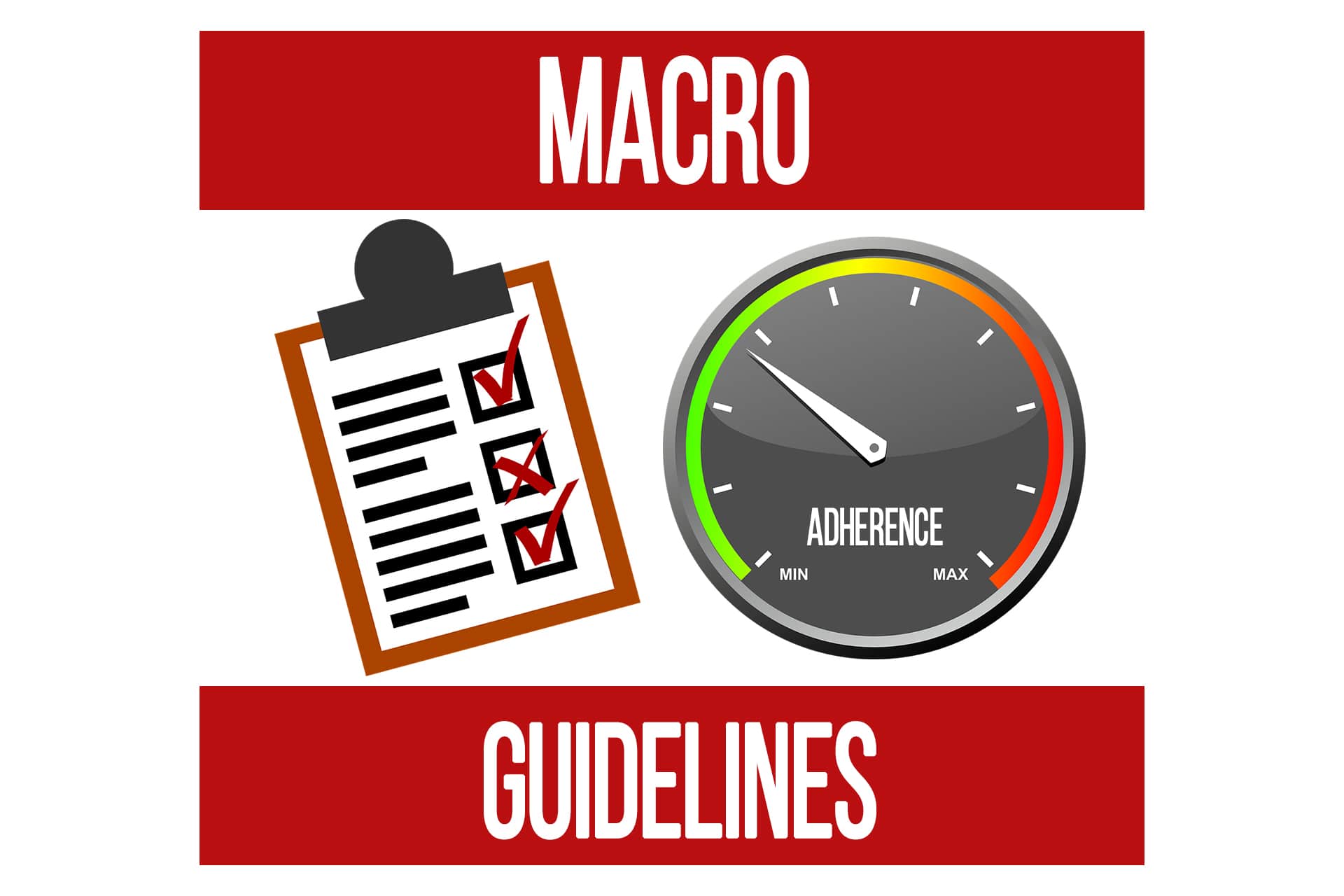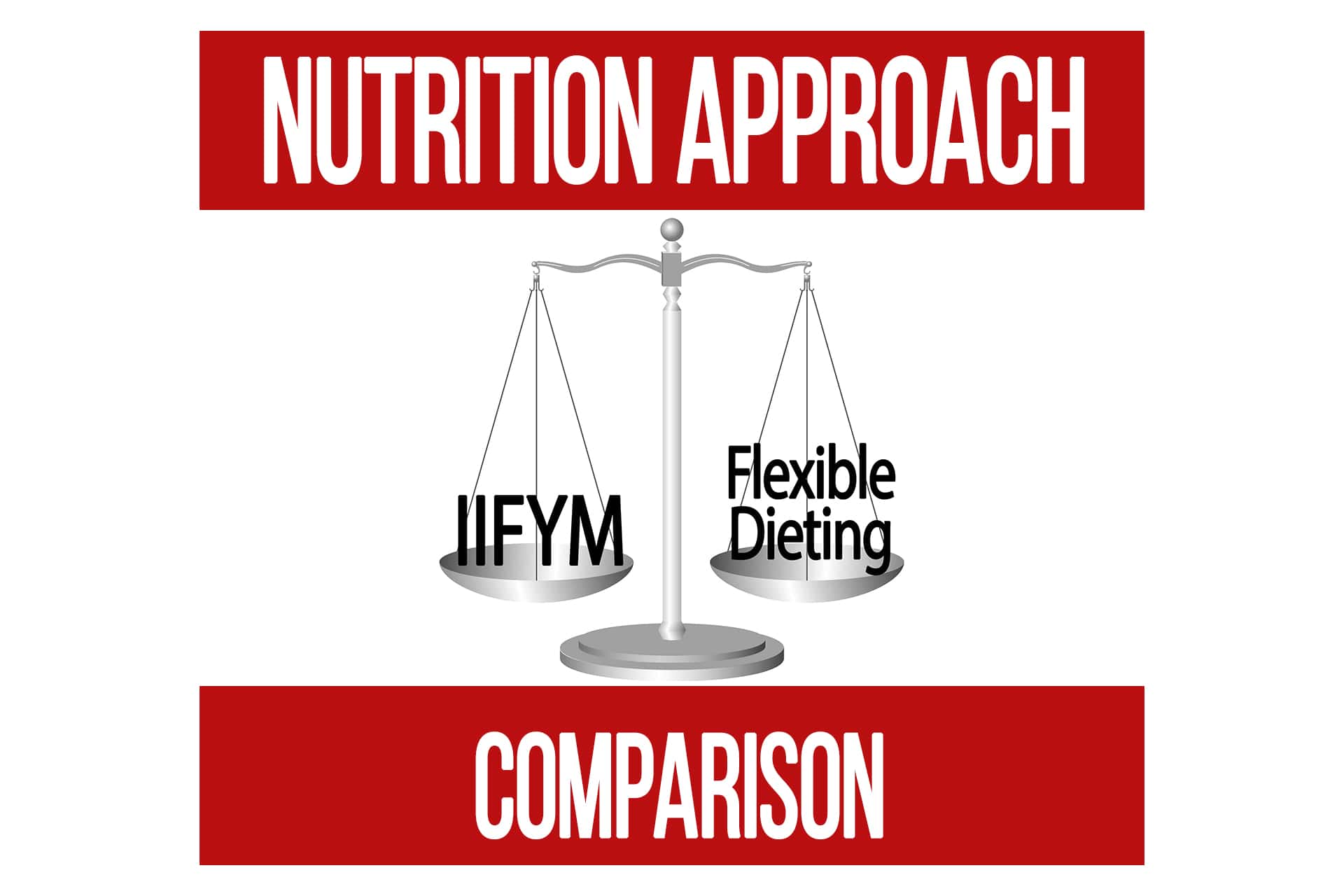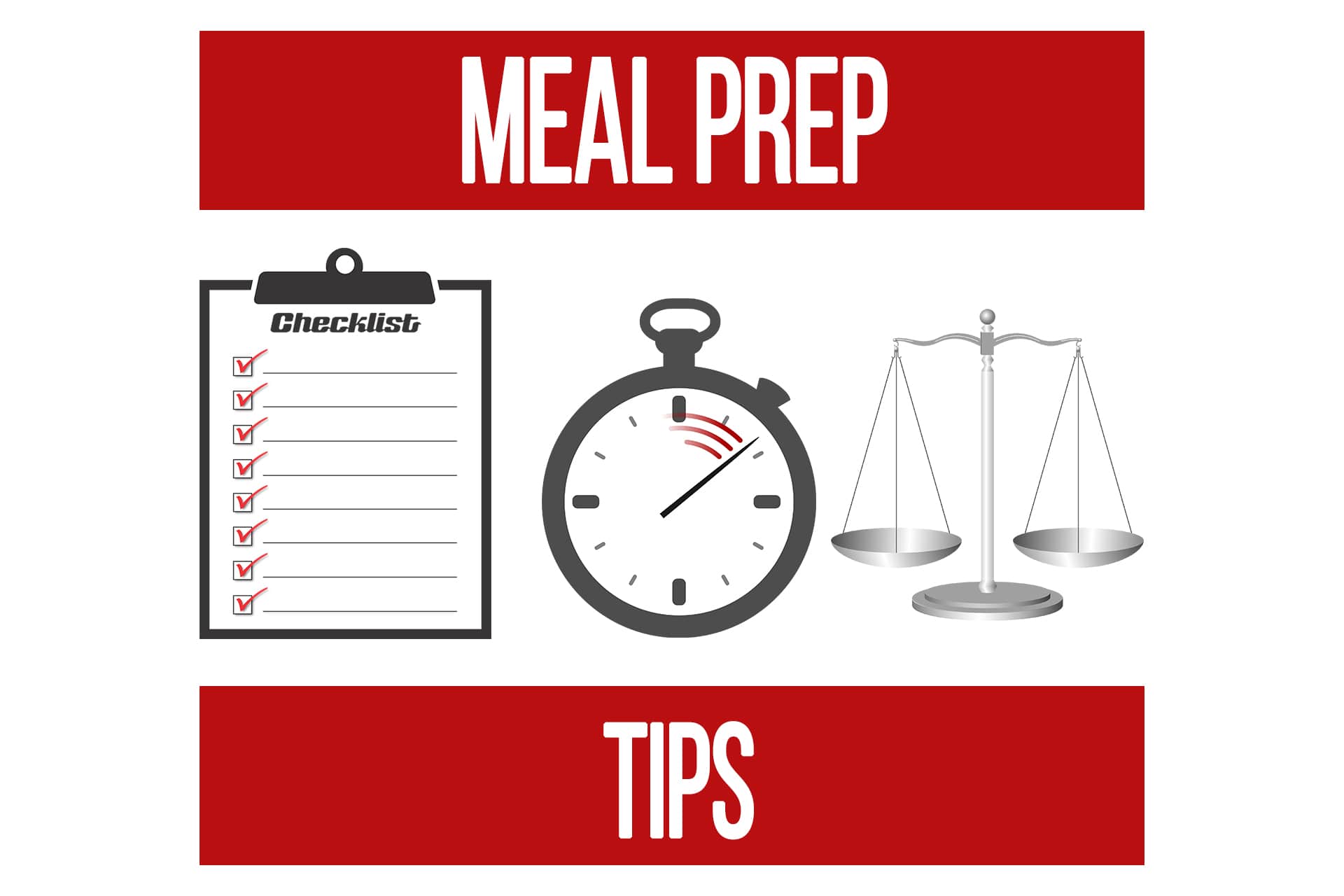Pros & Cons of Giving Clients “Meal Plans”
n1 training
There are different levels of nutritional guidance we can use for clients, of which meal plans is only 1 option. It seems to be popular in the coaching space to write out specific plans with measured amounts of each food. On the other end of the spectrum is the approach promoted by Precision Nutrition which includes giving a looser guidance based on relative portion sizes.
Both are valid and useful approaches for the right client at the right time. For the purpose of this article, in order to be as specific as possible, I’m primarily going to focus on the benefits and drawbacks of creating a meal plan for a client. Then I’ll discuss my preferred method based on the type of client.
To clarify, I am defining a “Meal Plan” as “specific weights of individual foods for every meal of the day”.
You’ll see this a lot in the contest prep coaching practices as it does offer some benefits that are critical for that population.
Pros
Reduced Decision Making
The client does not have to do any calculations or make choices about what foods to eat for a given meal. This can be helpful when they’re already overloaded with making decisions during the other parts of their life. For some this can be a reduction in stress.
Fine Tuning Is Easier
It is much easier for a coach to make small or specific adjustments, such as changing the distribution of calories or macros between meals. When in the final stages of contest prep this level of control may be necessary to get the specific “look” for the stage. It is also simpler for the client when macros are adjusted because they don’t have to do anything other than follow the piece of paper. They don’t need to try and create new food combinations or calculations on their own.
Shopping and Meal Prep is Simplified
Clients just do some quick math to figure out how much of each food they’ll need for the week based on their plan and go buy it. Then cook the amounts needed and portion them accordingly. This is much faster than coming up with their own meals for the week every time the client gets a nutrition update.
Cons
Very Restrictive
If the client travels or goes out to eat, having a meal plan can be stressful if they feel like they’re failing by not sticking to the plan.
Boring
Unless you’re making them several variations of food combinations for each meal, eating the exact same thing every day can be a negative experience for some people.
They’re Not Learning
If a client hasn’t developed the skill of creating their own meal plans, they’re not going to learn if they’re constantly being given a food prescription to follow. Learning to estimate food portions and have a relative gauge of the macros in certain foods can be tremendously helpful to continue nourishing themselves properly long-term. Being able to estimate macros can be very liberating for those that don’t have the option of measuring out and preparing every meal ahead of time. For more on this see Macro Adherence Guidelines
It Can Create Bad Habits and Encourage a Poor Relationship with Food
Have you ever been, or seen, someone who brings their own food scale to a restaurant or family function? Or worse, bring your own prepped meal on such occasions? I have both been that person and seen it happen with others.
That is NOT a healthy relationship with food. Now, the one exception being in the final weeks of a contest prep where every detail counts, but outside of that this is a bad sign.
Being reliant on a meal plan can create a poor psychological association with being hypervigilant in measuring and counting food to a point that, in itself, becomes an additional mental stress to the person. As a coach, we are supposed to help mitigate unnecessary stress where possible.
This is not true of everyone as there are many people who can go from robotic measuring and meal management to intuitive eating without an issue. But some cannot and for those people it is important to recognize this and refer them to a counselor if necessary should an eating disorder already exist.
Coaching Perspective
From a nutritional coaching perspective, I do not like creating meal plans for clients. Not only because it is incredibly time consuming but long-term it is limiting for the client’s success and continuing good lifestyle habits. Plus, depending on the laws where you live, it might not be allowed unless you have specific credentials.
When first starting with a beginner who requires a degree of specificity (either due to their goal or because their personality is detail oriented) , they may need the assistance of a meal plan as they learn how to measure and manage their diets. That is normal and I have done that approach when necessary. However, once they are comfortable measuring, the next step is to graduate them to being able to create their own meal plans based on the per-meal macros that I give them.
With the clientele we typically work with at N1, most are receiving a macro-based plan and they are responsible for picking their own foods. We do work to educate on making quality choices and other suggestions, but try to leave most of the food-picking and measuring up to them. This also empowers them when they cannot prep food as they are more confident in adjusting on the fly if needed, especially when they understand some of the tools and strategies laid out in Macro Adherence Guidelines.
Keep in mind, most of these people have been training and managing their own nutrition for years as many of them are personal trainers, physique competitors, or coaches themselves.
However, when we do get the occasional beginner or “general population” person who wants/needs less rigidity, there are other approaches that can work well for them. For example, the portioning method favored by Precision Nutrition. This can be excellent for someone who doesn’t want to count macros or spend time measuring and has no interest in learning to do so. These are typically the people whose goal is just to improve overall health, lose some body fat, maybe build a bit of muscle, and have better energy or just “feel good” during the day.
Ultimately it is important to coach to the level of the client because consistency and adherence to the overall program will be a massive component of their success long-term.
There are different levels of nutritional guidance we can use for clients, of which meal plans is only 1 option. It seems to be popular in the coaching space to write out specific plans with measured amounts of each food. On the other end of the spectrum is the approach promoted by Precision Nutrition which includes giving a looser guidance based on relative portion sizes.
Both are valid and useful approaches for the right client at the right time. For the purpose of this article, in order to be as specific as possible, I’m primarily going to focus on the benefits and drawbacks of creating a meal plan for a client. Then I’ll discuss my preferred method based on the type of client.
To clarify, I am defining a “Meal Plan” as “specific weights of individual foods for every meal of the day”.
You’ll see this a lot in the contest prep coaching practices as it does offer some benefits that are critical for that population.
Pros
Reduced Decision Making
The client does not have to do any calculations or make choices about what foods to eat for a given meal. This can be helpful when they’re already overloaded with making decisions during the other parts of their life. For some this can be a reduction in stress.
Fine Tuning Is Easier
It is much easier for a coach to make small or specific adjustments, such as changing the distribution of calories or macros between meals. When in the final stages of contest prep this level of control may be necessary to get the specific “look” for the stage. It is also simpler for the client when macros are adjusted because they don’t have to do anything other than follow the piece of paper. They don’t need to try and create new food combinations or calculations on their own.
Shopping and Meal Prep is Simplified
Clients just do some quick math to figure out how much of each food they’ll need for the week based on their plan and go buy it. Then cook the amounts needed and portion them accordingly. This is much faster than coming up with their own meals for the week every time the client gets a nutrition update.
Cons
Very Restrictive
If the client travels or goes out to eat, having a meal plan can be stressful if they feel like they’re failing by not sticking to the plan.
Boring
Unless you’re making them several variations of food combinations for each meal, eating the exact same thing every day can be a negative experience for some people.
They’re Not Learning
If a client hasn’t developed the skill of creating their own meal plans, they’re not going to learn if they’re constantly being given a food prescription to follow. Learning to estimate food portions and have a relative gauge of the macros in certain foods can be tremendously helpful to continue nourishing themselves properly long-term. Being able to estimate macros can be very liberating for those that don’t have the option of measuring out and preparing every meal ahead of time. For more on this see Macro Adherence Guidelines
It Can Create Bad Habits and Encourage a Poor Relationship with Food
Have you ever been, or seen, someone who brings their own food scale to a restaurant or family function? Or worse, bring your own prepped meal on such occasions? I have both been that person and seen it happen with others.
That is NOT a healthy relationship with food. Now, the one exception being in the final weeks of a contest prep where every detail counts, but outside of that this is a bad sign.
Being reliant on a meal plan can create a poor psychological association with being hypervigilant in measuring and counting food to a point that, in itself, becomes an additional mental stress to the person. As a coach, we are supposed to help mitigate unnecessary stress where possible.
This is not true of everyone as there are many people who can go from robotic measuring and meal management to intuitive eating without an issue. But some cannot and for those people it is important to recognize this and refer them to a counselor if necessary should an eating disorder already exist.
Coaching Perspective
From a nutritional coaching perspective, I do not like creating meal plans for clients. Not only because it is incredibly time consuming but long-term it is limiting for the client’s success and continuing good lifestyle habits. Plus, depending on the laws where you live, it might not be allowed unless you have specific credentials.
When first starting with a beginner who requires a degree of specificity (either due to their goal or because their personality is detail oriented) , they may need the assistance of a meal plan as they learn how to measure and manage their diets. That is normal and I have done that approach when necessary. However, once they are comfortable measuring, the next step is to graduate them to being able to create their own meal plans based on the per-meal macros that I give them.
With the clientele we typically work with at N1, most are receiving a macro-based plan and they are responsible for picking their own foods. We do work to educate on making quality choices and other suggestions, but try to leave most of the food-picking and measuring up to them. This also empowers them when they cannot prep food as they are more confident in adjusting on the fly if needed, especially when they understand some of the tools and strategies laid out in Macro Adherence Guidelines.
Keep in mind, most of these people have been training and managing their own nutrition for years as many of them are personal trainers, physique competitors, or coaches themselves.
However, when we do get the occasional beginner or “general population” person who wants/needs less rigidity, there are other approaches that can work well for them. For example, the portioning method favored by Precision Nutrition. This can be excellent for someone who doesn’t want to count macros or spend time measuring and has no interest in learning to do so. These are typically the people whose goal is just to improve overall health, lose some body fat, maybe build a bit of muscle, and have better energy or just “feel good” during the day.
Ultimately it is important to coach to the level of the client because consistency and adherence to the overall program will be a massive component of their success long-term.
Have a Question on This Content?
Please Log In to Submit Your Question
Calorie Talk Part 2: Coaching Nutrition
videoBusiness Development Lifestyle Nutrition Personal Development
Popular Pages
Learn & Train With Us
Add N1 Training to your Homescreen!

Please log in to access the menu.
